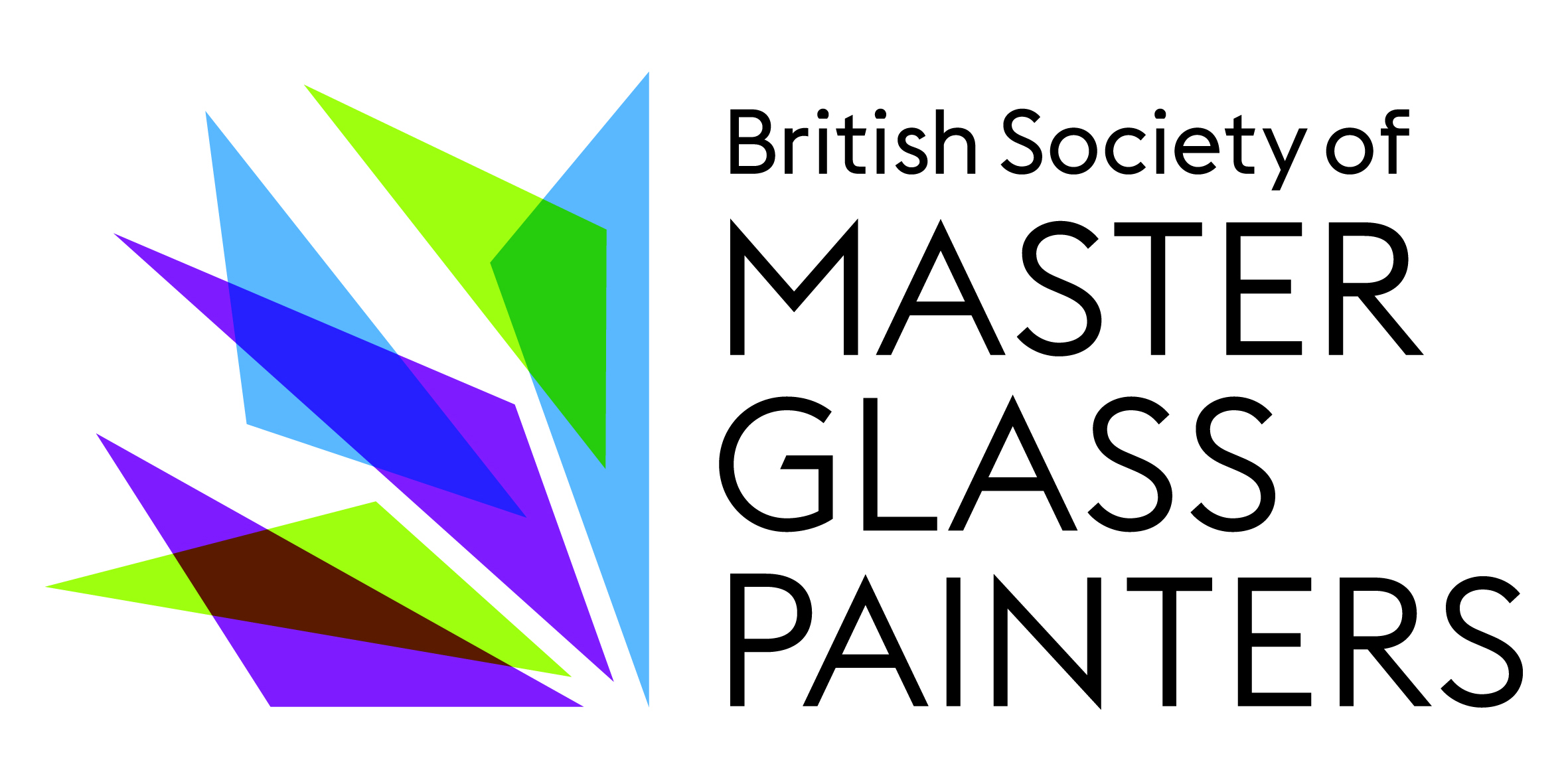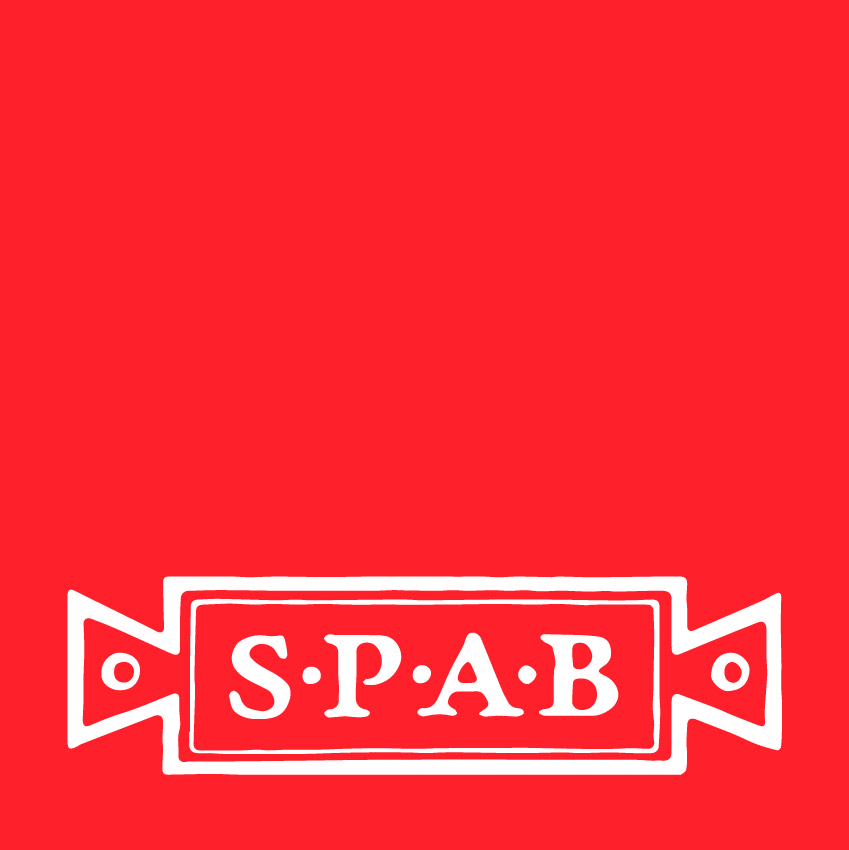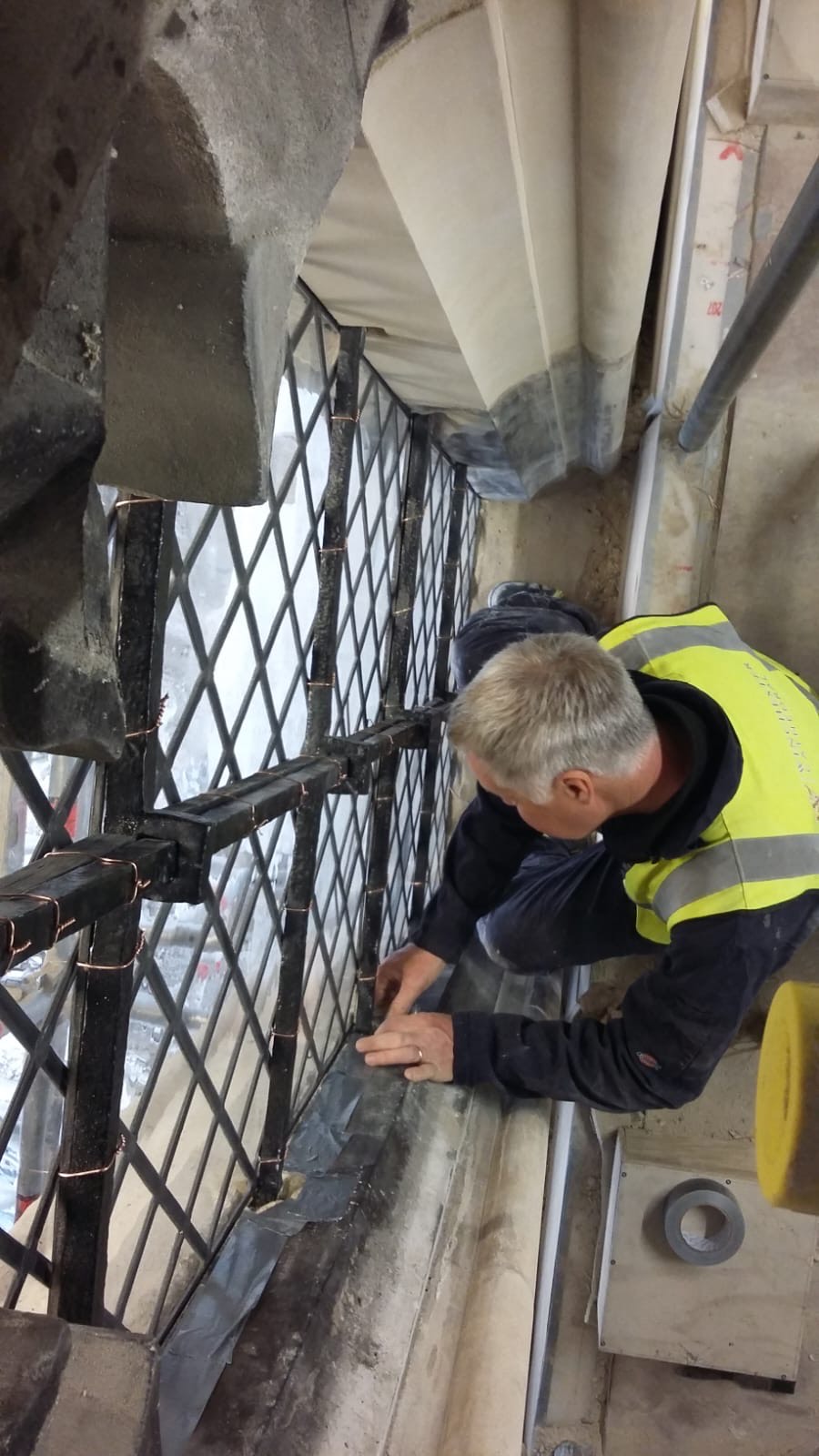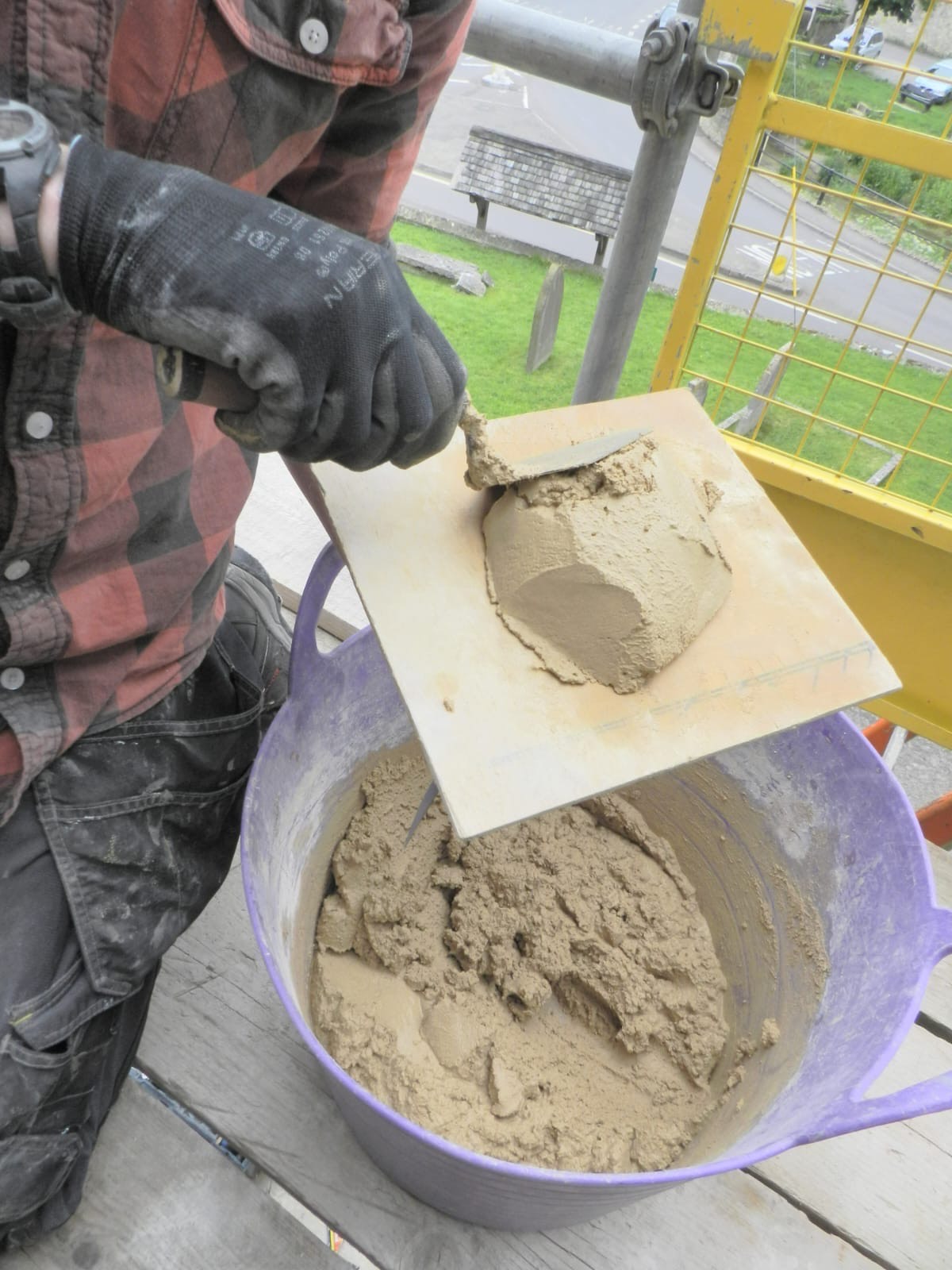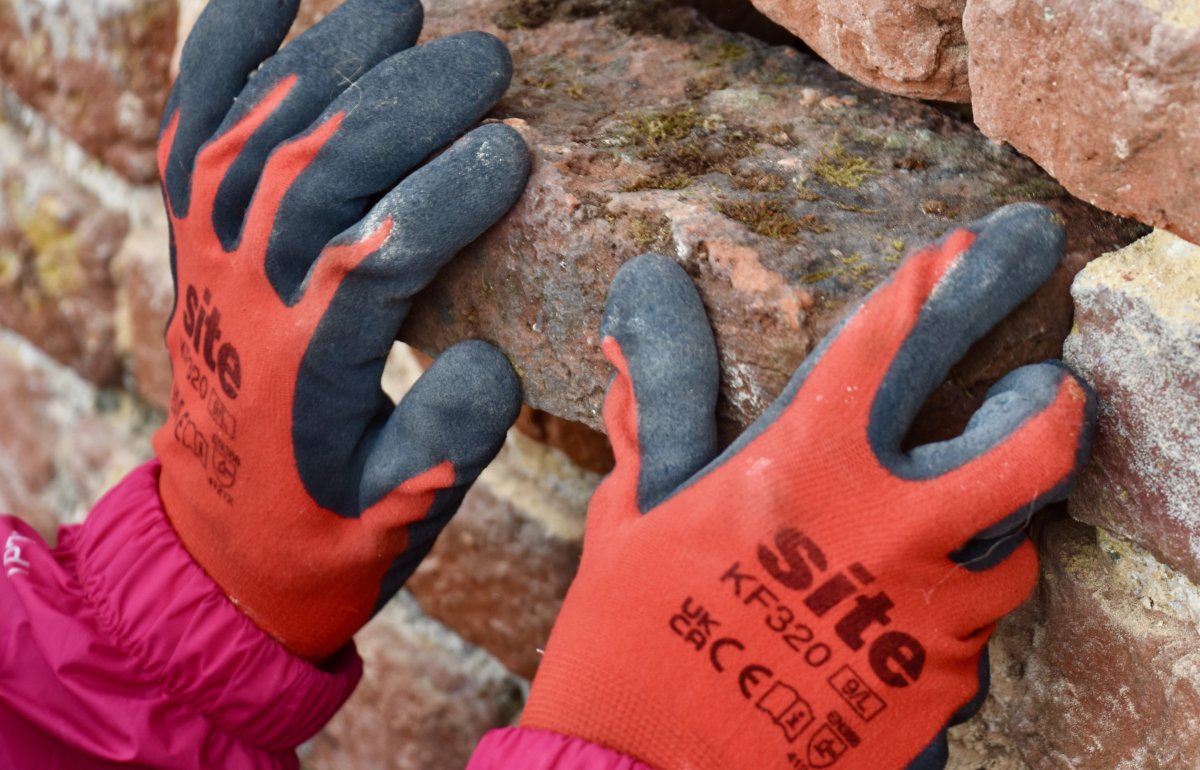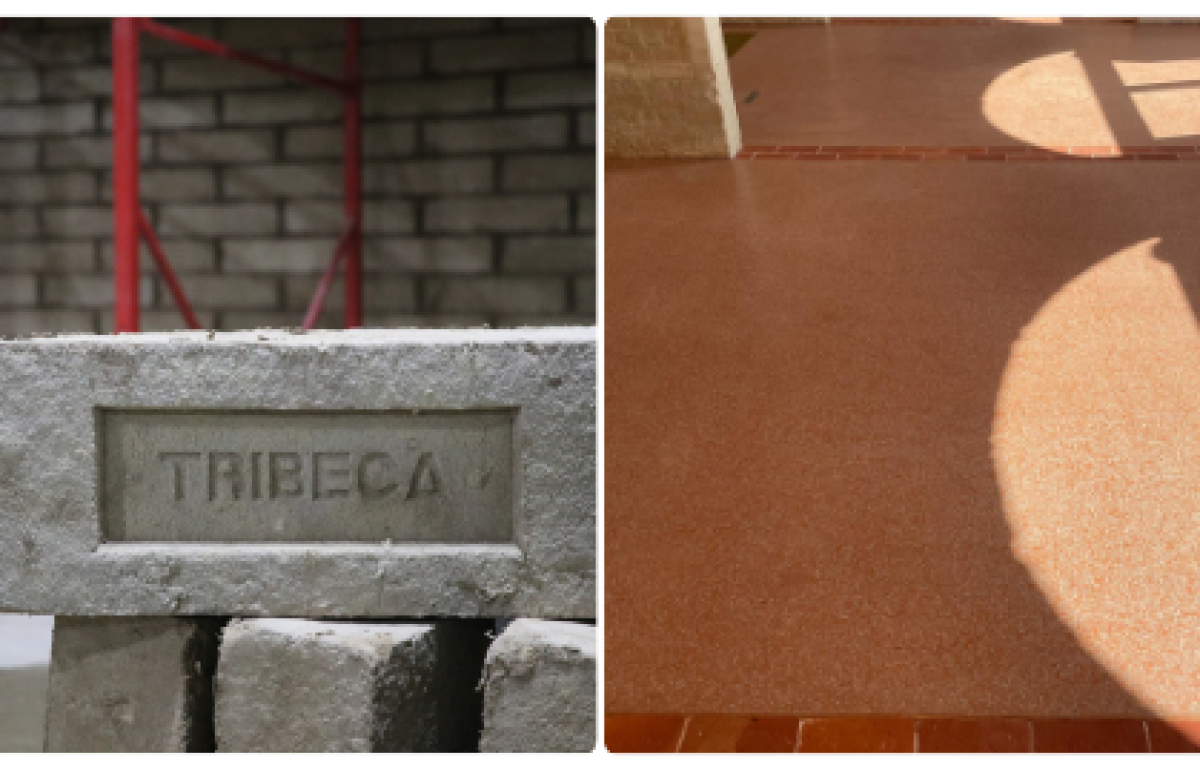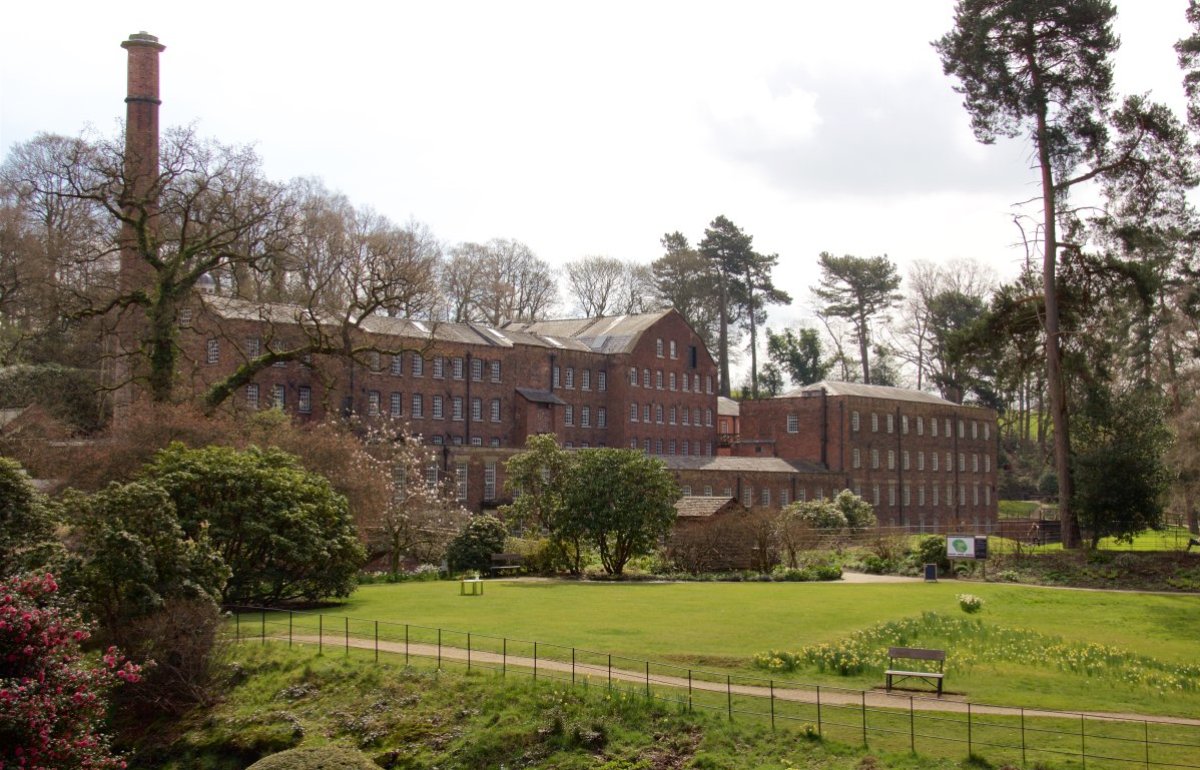Hands-on Glazing Mortars

Hands-on Glazing Mortars
A practical course exploring the lime mortars used for the installation of leaded glazing into masonry apertures.
OE3/25
£120
Event details
Saturday 2 August
Presented by The British Society of Master Glass Painters, in partnership with The Society for the Protection of Ancient Buildings, this unique course will focus on the performance requirements of traditional glazing mortars in historic buildings.
Our course tutors have extensive experience working on-site with historic building fabric. They will share their working knowledge of traditional craft and current practice. Course participants will receive an introduction to historic glazing mortars, materials and techniques, and learn how to stay safe when working with lime. Three practical sessions in rotation during the course will give you hands-on experience in: Identification, Mixing and Application. The course will conclude with an open discussion about this aspect of the stained glass profession with colleagues and fellow course participants - a chance to share knowledge and experiences.
Our course venue is the National Trust’s Heritage and Rural Skills Centre, set in the beautiful Buscot and Coleshill Estate.
Who is this course for?
This course is aimed primarily at practicing stained glass and leaded light craftspeople, conservators and artists. It is also open to allied buildings craftspeople or professionals with an interest in exploring the lime mortars used for the installation of leaded glazing into masonry apertures.
You will learn
During this course, you will:
- Gain a broader understanding of the Lime Cycle, and different types of lime and aggregates that make up traditional glazing mortars.
- Learn how to identify existing mortars and evaluate success and failure of mortar mixes.
- Develop an understanding of mortar specifications and how to create a successful mix.
- Compare practical techniques for the application and aftercare of traditional glazing mortars.
- Have the opportunity to connect with craftspeople and share experiences of challenges and successful approaches.
Programme
This programme is subject to minor changes.
| 10am | Registration |
| 10.15am | Welcome |
| 10.20am | Introductory presentation |
| 10.50am | The Lime Cycle |
| 11.05am | Activity Session 1/3 |
| Group A - mortar analysis and identification | |
| Group B - making mortars: mixing and slaking | |
| Group C - application of glazing mortars | |
| 12.15pm | Lunch break - please bring your own packed lunch |
| 12.45pm | Activity Session 2/3 |
| Group A - making mortars: mixing and slaking | |
| Group B - application of glazing mortars | |
| Group C - mortar analysis and identification | |
| 1.45pm | Activity Session 3/3 |
| Group A - application of glazing mortars | |
| Group B - mortar analysis and identification | |
| Group C - making mortars: mixing and slaking | |
| 2.45pm | Refreshment break |
| 3pm | Discussion and Q&A |
| 3.30pm | Closing remarks |
| 3.45pm | End of course |
You will need
- Please wear layers of comfortable clothing that you don't mind getting dirty or damaged. We recommend you bring overalls or coveralls to wear if you can.
- You will need to wear sturdy (flat and closed) footwear, ideally steel toe cap safety boots.
- We will provide all other necessary protective equipment, but if you would prefer to wear your own gloves, goggles and mask please bring them.
- All tools and materials will be provided.
- You are required to bring your own packed lunch to the course. No fridge facilities are available. Blake's Kitchen cafe is on-site at the Centre, but we cannot guarantee availability and wait times for food. Tea and coffee will be provided during the course.
Tutors
Samantha Peacock
Sam has worked in heritage constuction for 18 years. Her career began with an apprenticeship at Wells Cathedral Stonemasons in Somerset, where she worked on a variety of stones and types of masonry from banker work to letter-cutting, and gained an NVQ Level 3 in Stonemasonry from Bath College. Sam's interests soon turned to the repair and conservation of historic stonework and in 2012 she completed SPAB's William Morris Craft Fellowship. With a National Heritage Training Group bursary, Sam completed her NVQ Level 3 in Heritage Skills at York Minster and had the opportunity to work alongside the cathedral stonemasons during the conservation of the Great East Window. While in York, Sam completed a Master’s Degree in the Archaeology of Buildings. She studied the issues surrounding the retention or replacement of historic stonework on cathedrals and churches. Sam also trained as a stained glass conservator at Holy Well Glass from 2016 - 2019, and is now based at Cliveden Conservation’s Bath Workshop. Sam was ‘Commended’ for high craft skills at the 2023 Duke of Gloucester Awards. Sam is currently a SPAB Education and Training Guardian.
Tom Flemons
Tom initially trained as an apprentice stone and marble mason, then studied Architectural Stone Conservation. He moved into stone conservation and masonry, and completed the SPAB's William Morris Craft Fellowship. Tom has worked for Cliveden Conservation for over 30 years, including work for and with the National Trust during this time, and is now a Director and manages a team at Cliveden Conservation. Tom was Acting Advisor to the National Trust on stone and plaster, and continues to provide advice. He has delivered training widely.
Sarah Knighton
Sarah is currently Studio Manager and a Director of Holy Well Glass, a stained-glass conservation company based in Wells in Somerset. Sarah has over 17 years of experience with removing and reinstalling all types of glazing from stone, wood and metal building fabric. Sarah has a BA (Hons) in architectural glass from Swansea Institute and has been awarded accredited conservator restorer status by the Institute of Conservation. She also is an Associate and Council Member of the British Society of Master Glass Painters and Chair of their Conservation Working Group.
Assessment / Accreditation
The SPAB is an IHBC- recognised CPD provider and attendance certificates for CPD are available on request.
Accessibility
This is a practical course held in a workshop environment, which can be dusty, cold, noisy and exposed to the elements. There are some uneven surfaces, such as cobbles, due to the historic nature of the building.
The practical elements of the course involve a lot of physical activity. You will also need to stand for much of the day.
Accessible parking spaces are marked in the car park. Accessible toilets are available.
Anything we can do to make this event more accessible for you? Please email education@spab.org.uk.
All bookings are subject to our Terms and Conditions.
We may take photos or videos at this event to be used in future promotion, including in print and online.
Photo credit © Holy Well Glass.
This course is presented by The British Society of Master Glass Painters, in partnership with The Society for the Protection of Ancient Buildings. It is hosted in association with the National Trust.
